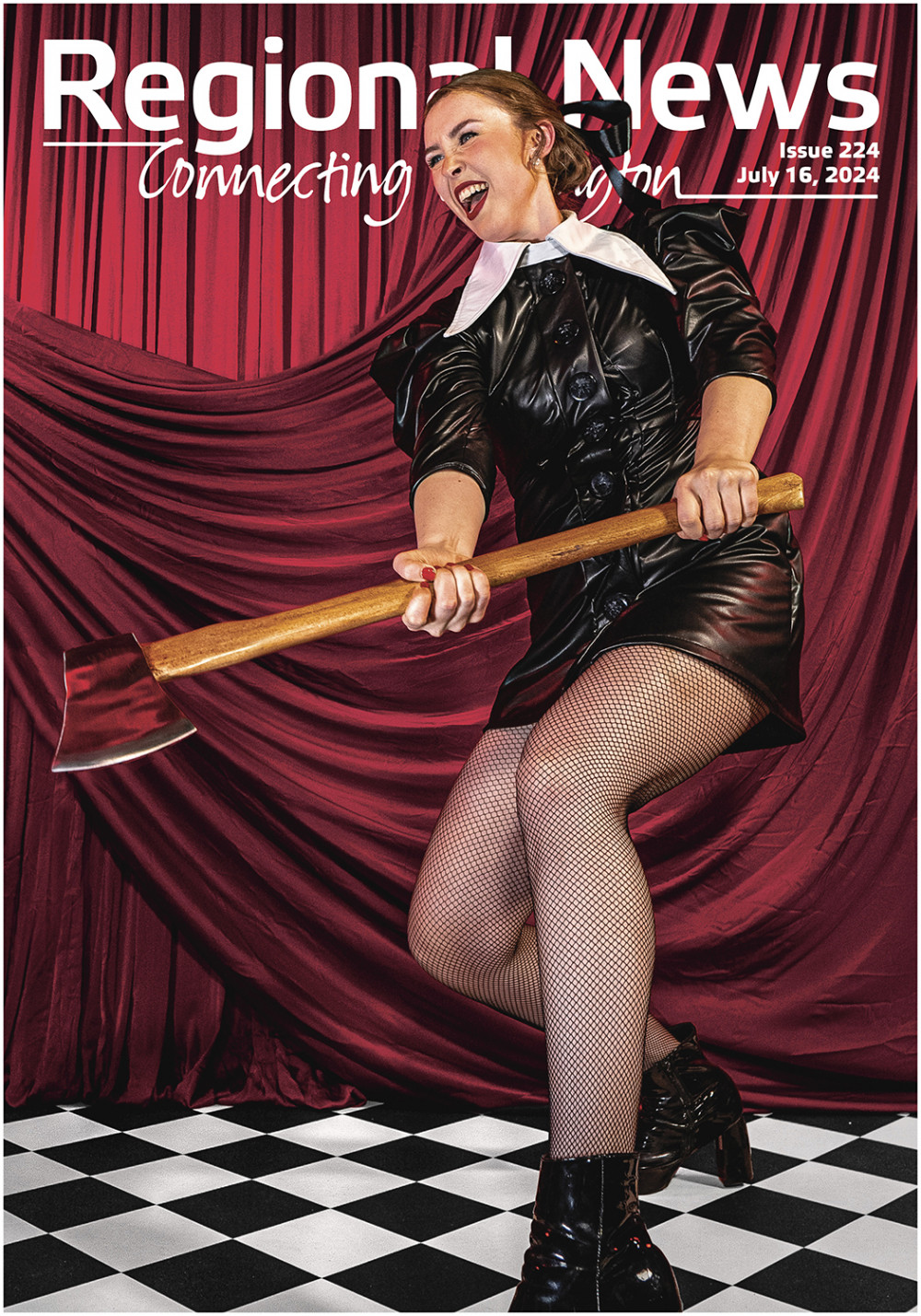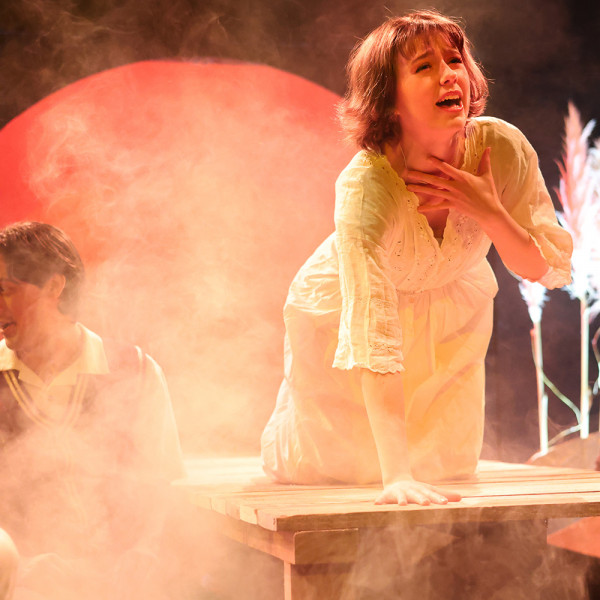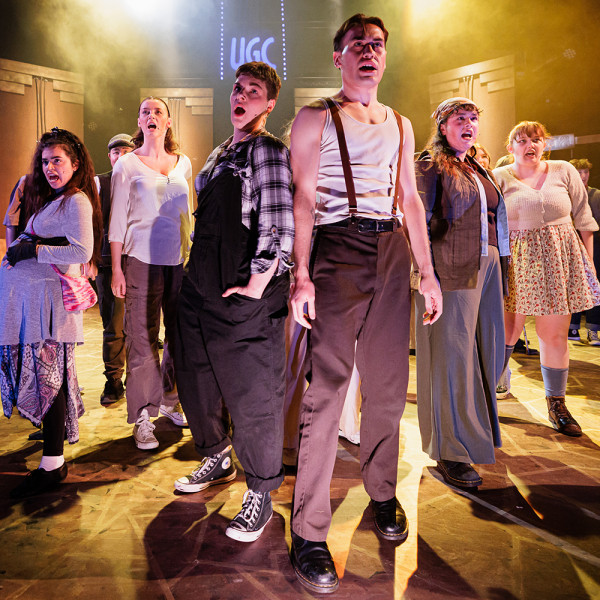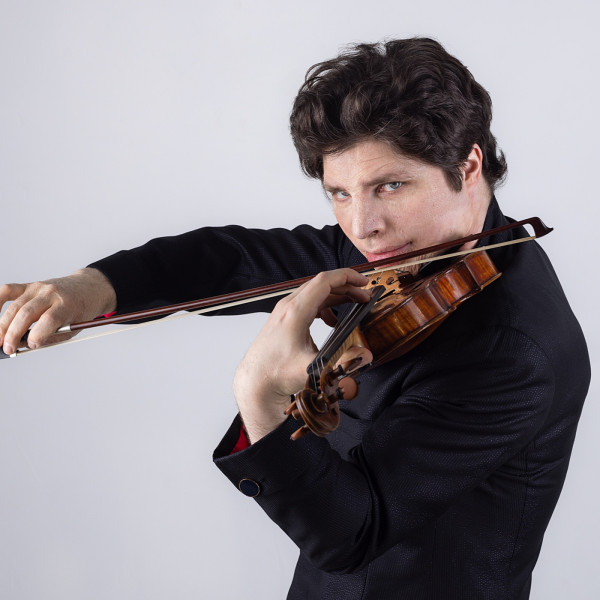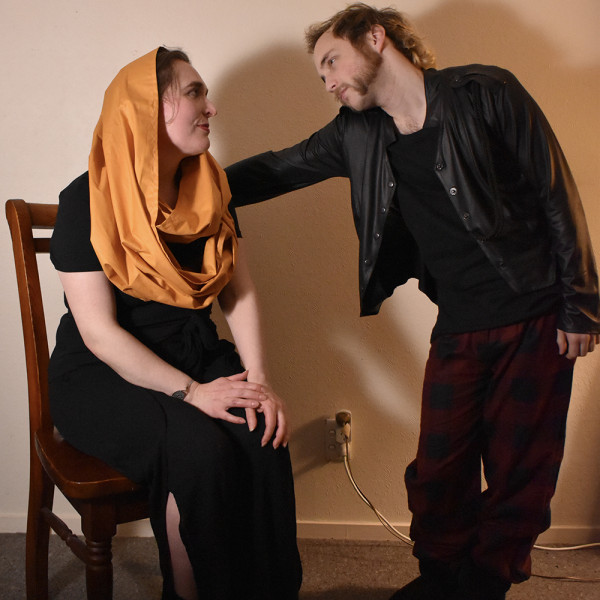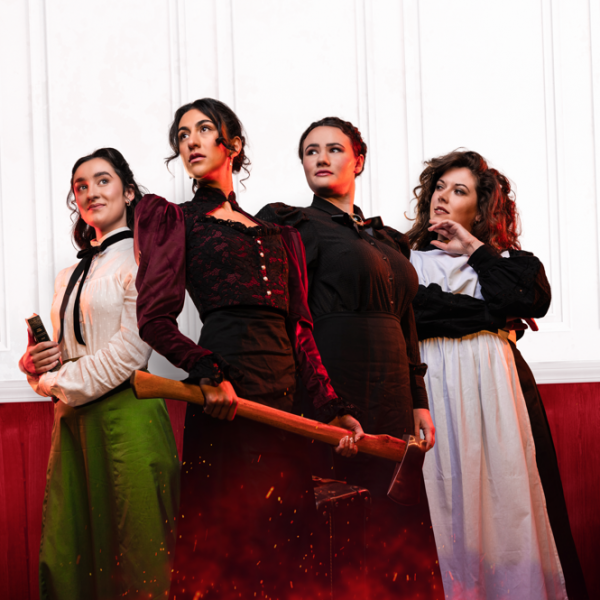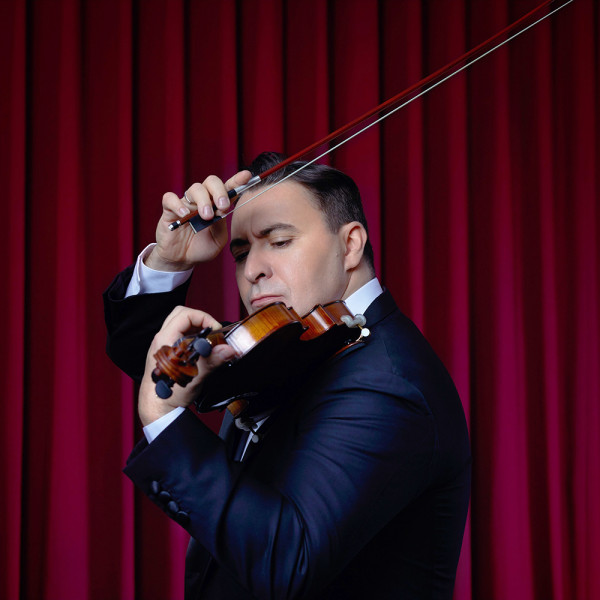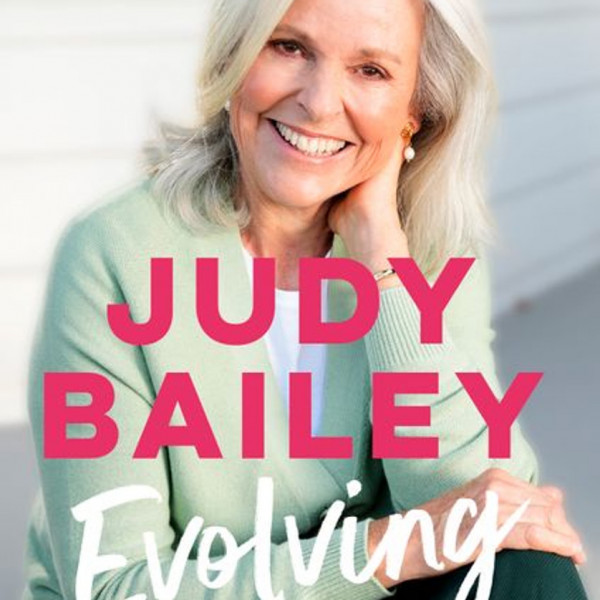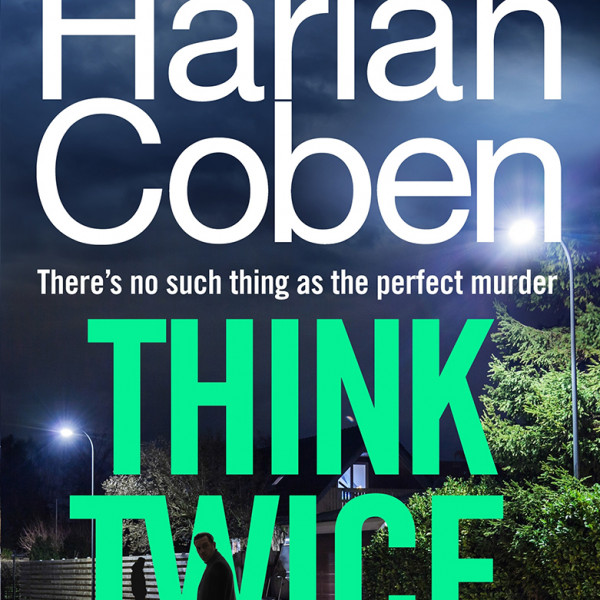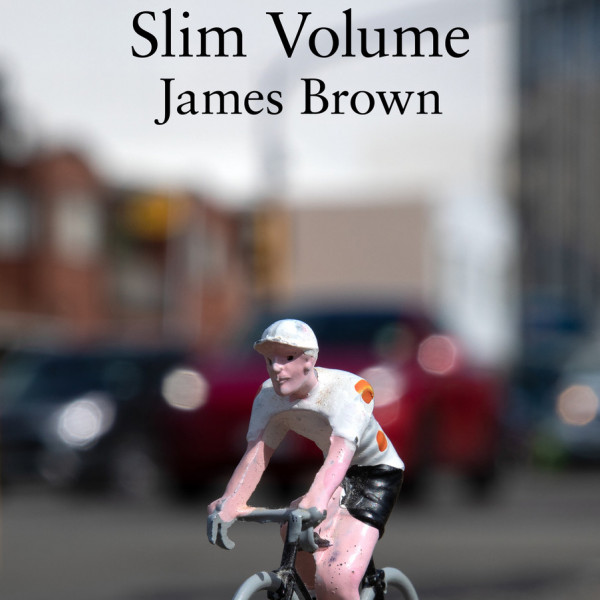
Prima Facie
Written by: Suzie Miller
Directed by: Lyndee-Jane Rutherford
Circa Theatre, 11th Sep 2024
Reviewed by: Tanya Piejus
Tessa Ensler (Mel Dodge) is a top criminal defence barrister at a top legal firm. Relishing the cut and thrust of the court room as she cross-examines witnesses, often in sexual assault cases, she works and plays hard with her colleagues. One of these colleagues is ‘Damo’, with whom she starts a casual sexual relationship. After a fun evening date, they end up in bed and he sexually assaults her, even though she has clearly said no. She reports the crime and, more than two long years later, finds herself on the other side of the witness box being cross-examined on her recollection of events. There she faces the legal system she wholeheartedly believes in head on, but it’s clearly stacked against her.
Having watched the debut run of Prima Facie last year, I was intrigued to see how it’s changed as a production. Mel Dodge’s solo performance was impressive then, but it’s pitch perfect now. Obviously more comfortable and familiar with Suzie Miller’s script, she and director Lyndee-Jane Rutherford have matured the depths and rhythms of the language and tone of this striking piece of writing. To carry an entire 100-minute show is a feat in itself and Dodge is utterly engaging throughout. I’m glad they’ve held the decision not to include an interval, despite the distracting need for audience members to leave for the bathroom.
This is a thoroughly impressive production all round. Rebekah de Roo’s projection design, with its steadily growing cracks and giant drops of water, is stunning and has been enhanced by Marcus McShane’s intelligent lighting design that subtly reflects the mood on stage. The lighting has been given extra intensity by the addition of floating haze. I was also glad to see the unfussy set has been expanded and loosened so Dodge has more room to move.
Still important, still brilliant, this is a theatrical experience not to be missed.



